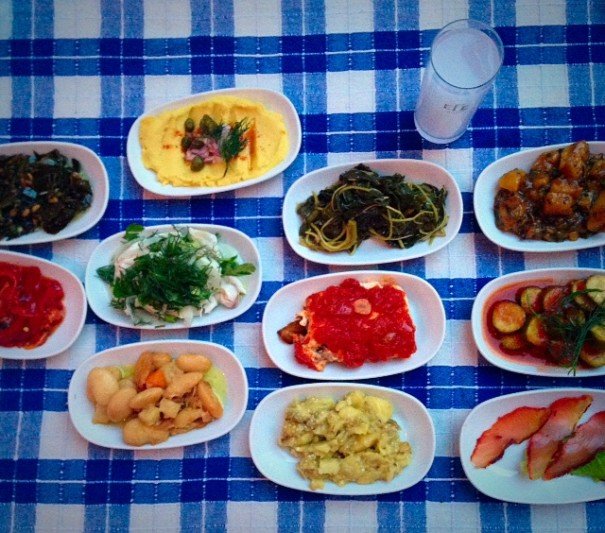
Drinking Lion’s Milk With the Jeunesse Dorée

Drinking Lion’s Milk With the Jeunesse Dorée
Raki in Istanbul
The war began under a summer sun on the southeastern plains of Turkey, but in the raki dens of Istanbul things felt pleasant and I never felt the threat of the bombs. As the sun fell behind the minarets of Istanbul’s western mosques, I knew it was the feel of a cold raki glass in the hand that gave me a strong sense of how removed I was from the war; I knew it was the purity with which the den’s waiter tilted a carafe of water to mix with the raki that made the drink so soothing; and I knew it was the decorum of drinking raki in the Ottoman dusk that made the night feel quick and promising.
After finishing a chilled a highball of raki, I walked out into the backstreets of Beyoğlu to meet a few friends who were young and free and full of energy. A friend from Los Angeles asked about the dim white drinks the young Turks were drinking and I tried to explain the best I could. Raki, I said, is Turkey’s lion milk, an Anatolian delicacy fermented from grapes and figs that’s aged in oak barrels before it’s served with meze.
And the brilliant thing about raki, I told everyone, is that there’s an entire culinary cuisine built around drinking it. Walk into a chillwave garden in Cihangir or Beşiktaş and the waiters will bring you nineteen dishes of grouper with dill, smoked mackerel, octopus over orzo and the like. And while everyone gorges on meze it’s a tradition for the conversation to inevitably turn to politics and the war, which the Anatolian philosophers called the hemdem table. Raki was a vessel for conversation.
So naturally we walked to a raki den at the tip of the Golden Horn and let the waiters pour us a glass; and because of the tradition of the hemdem table we talked about how members of the Revolutionary People’s Liberation Party-Front opened fire on the American consulate up the coast from where we sipped raki, and how the German foreign ministry was warning not to ride the metro lines for fear of impending bombs, and how the Kurds were killing Turkish policemen and the Turks were bombing Kurdish strongholds.
As we found late night raki dens we drank ourselves into a stupor watching the horizon, where the electric lights shining from the mosques looked like Milky Ways, drunken spirals of faraway lights. Our clothes smelled of fire from the shisa bars and songs I can’t remember were playing from houses painted blue and pistachio. There were no definite answers for how the war would end because over and over again war returns to Turkey; but as the Bosphorus coughed away clouds in the night I listened to the eloquent speaking of the jeunesse dorée in the early hours of the morning and knew the young Turks would be all right. Sometimes all you need is a glass of lion’s milk before you fall silent in the night.